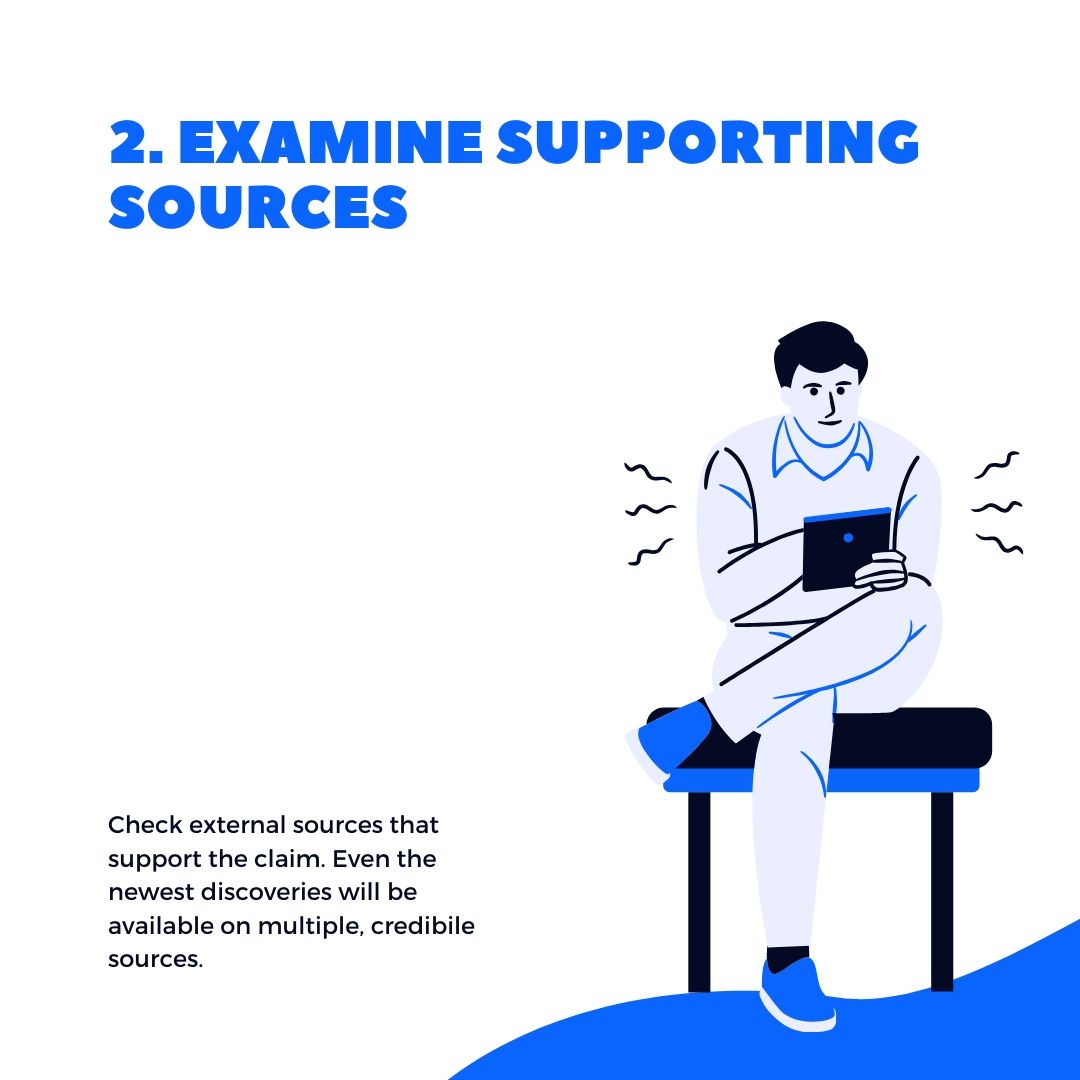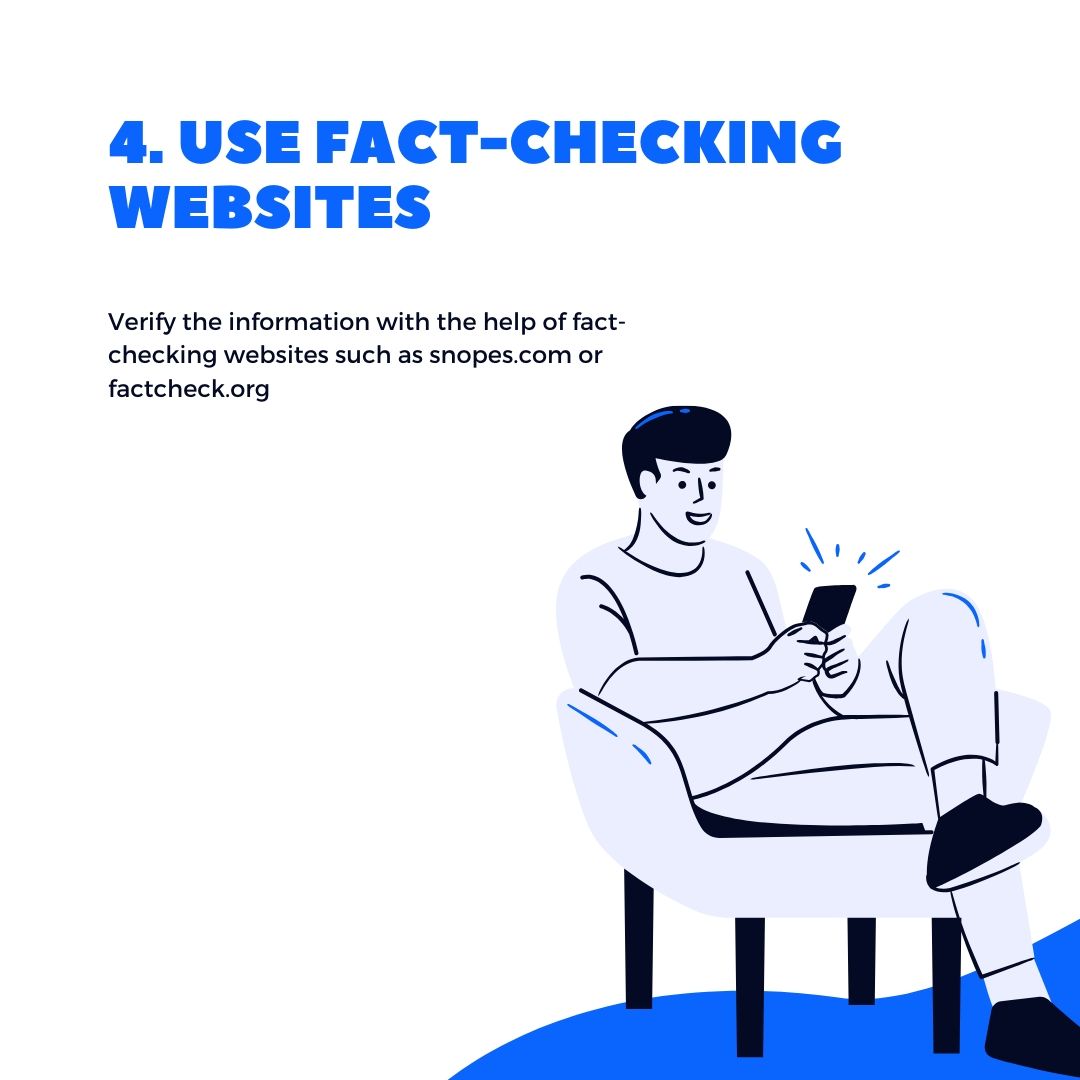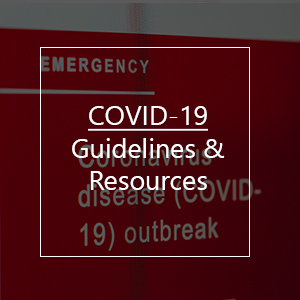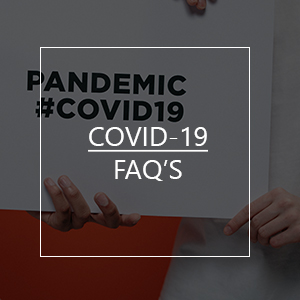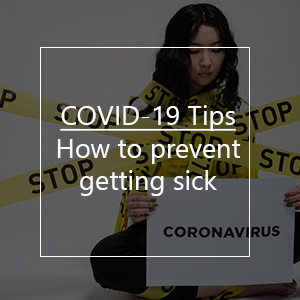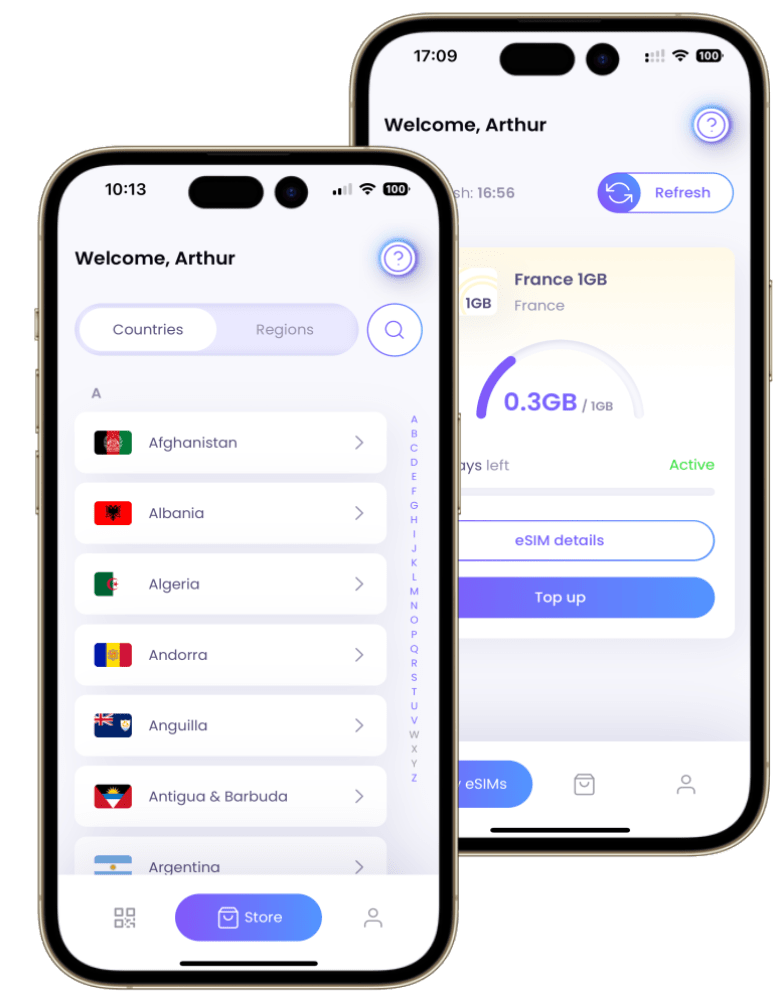How to Spot Fake Coronavirus News
“It has been reported that nearly 300 people have died ingesting a toxic substance to kill COVID-19 because of fake news.”
That is only one of various fake news that spread as fast as the virus. The World Health Organization has a dedicated page called ‘Myth busters’ that listed misinformation about COVID-19. Fake news can be from stirring fear, causing stigma until dangerously harmful.
We’re not just fighting an epidemic; we’re fighting an infodemic” – Tedros Adhanom Ghebreyesus, WHO Director-General.
It is crucial to distinguish fake news from real information especially when it comes to your personal health. Find below our tips & tricks how you can find out if you are reading a fake news.
For the most up-to-date news and information about the novel coronovirus (COVID-19), please visit the official WHO Website or the Centers for Disease Control and Prevention Website.
For the most up-to-date news and information about the novel coronovirus (COVID-19), please visit the official WHO Website or the Centers for Disease Control and Prevention Website.
How to Spot Fake News
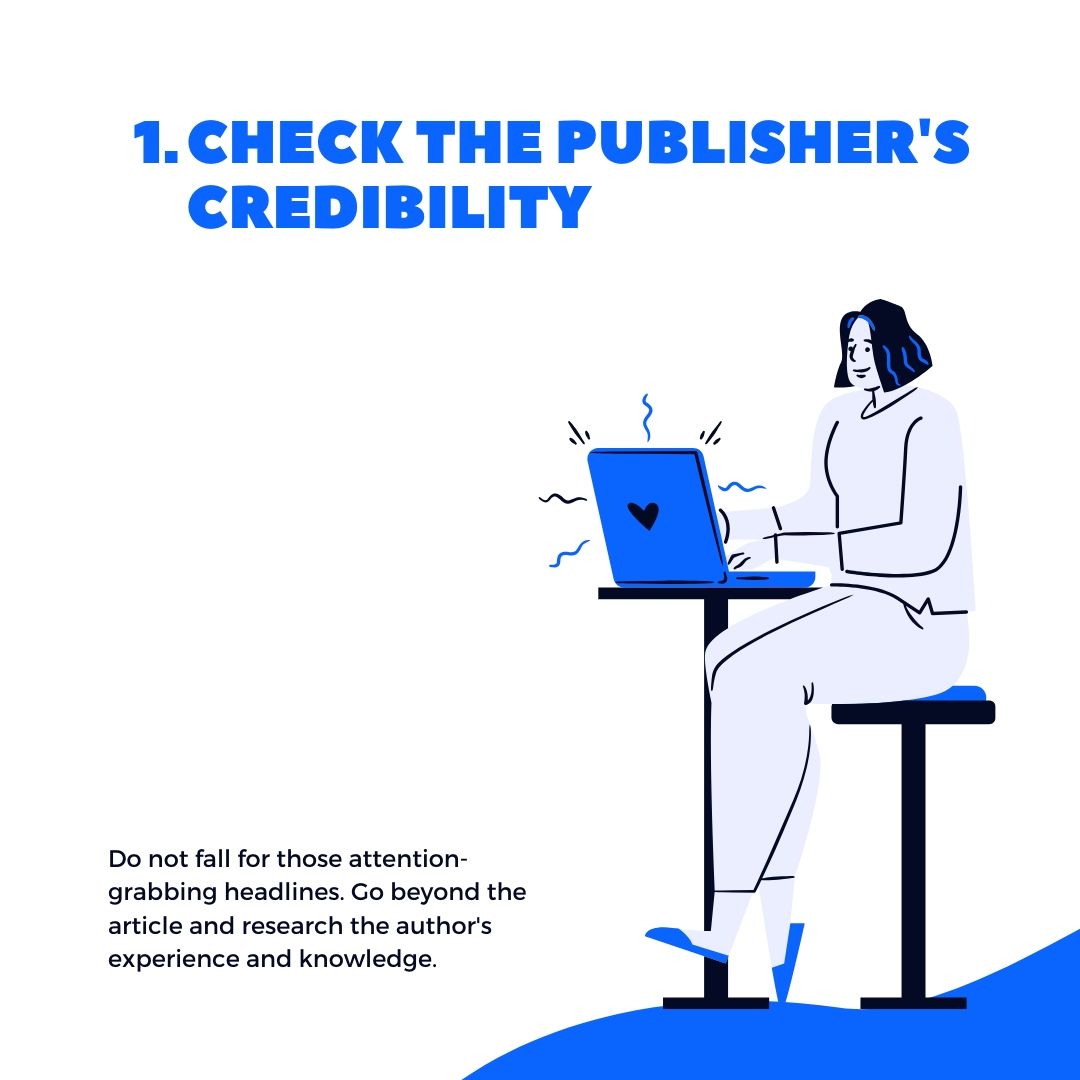
1. Consider the publisher’s credibility
Do not fall for those attention-grabbing headlines. People often confuse and interpret a headline as the whole context. Especially this time that complex information can be shared easily through social media when readers just basically glance over the headline.
Go beyond the article page to their ‘About Us’ or ‘Contact Us’ so that you get the idea about their mission and contact information. Besides, do not forget about the author, pay attention to ‘about the author’ section. You can search his or her professional profile on LinkedIn.
2. Examine the supporting sources
Stay mindful of who or what is being quoted. You might find the article from your social media or clickbait website, be aware as you proceed.
First, check who is backing up the claim. Even an expert or a scientist from unrelated discipline can be misattributed. A general resource like ‘an expert from … says’ is not reliable and might circulate misinformation.
Try to find the same information used to support the claim on other official sites. You should find the same story there. Even though they are a new discovery or latest announcement, multiple sources will tell the same information.
3. Check for Language Errors
When you found the spelling mistakes or grammatical errors, you should be skeptical. It is true that sometimes mistakes happen, especially with long writing.
However, this is not a case if it happens repeatedly. Another key point is the unnecessary use of capital letters and dramatic punctuation.
4. Using Fact-Checking Website
It is a time to use experts’ help. Fact-checking websites like snopes.com and factcheck.org to help you verify the information at hand.
These days, when you go through major social media, like Facebook, Youtube, Twitter, or Instagram, you will see Facebook’s Coronavirus ( COVID-19) information center or Twitter’s dedicated COVID-19 event page both located at the top of the page.
These parts highlight government agency information and health organizations in your countries as well as the latest updates from the WHO. Because of this, we will be able to access initially vetted information and avoid misinformation that is approaching us everywhere. This time, stay safe and away from fake news!




